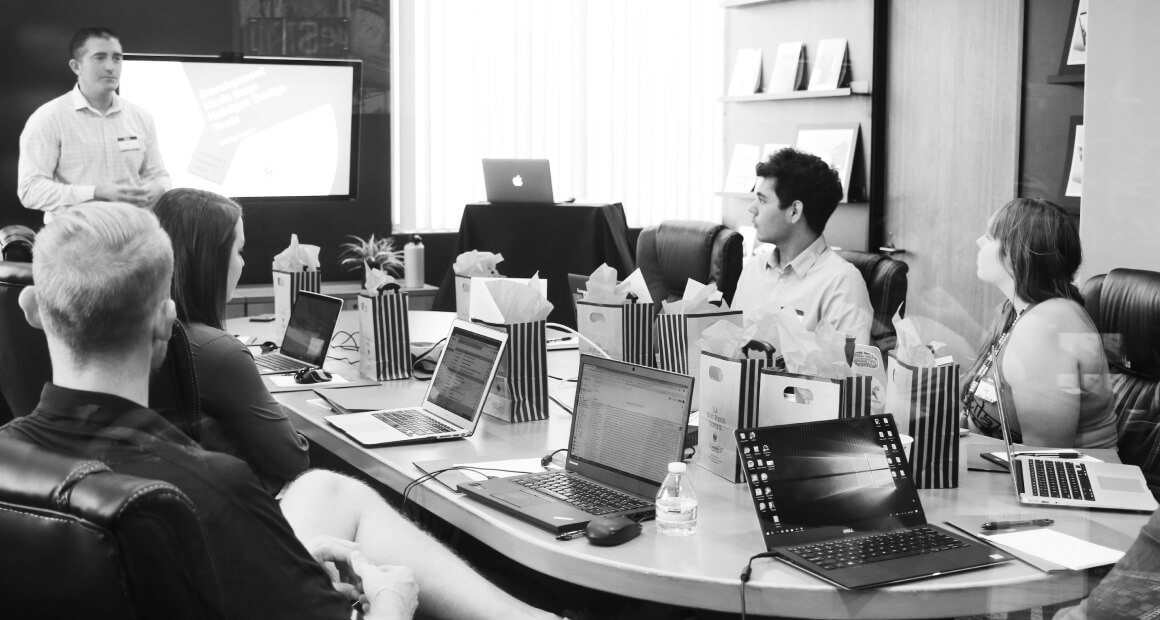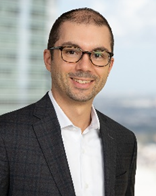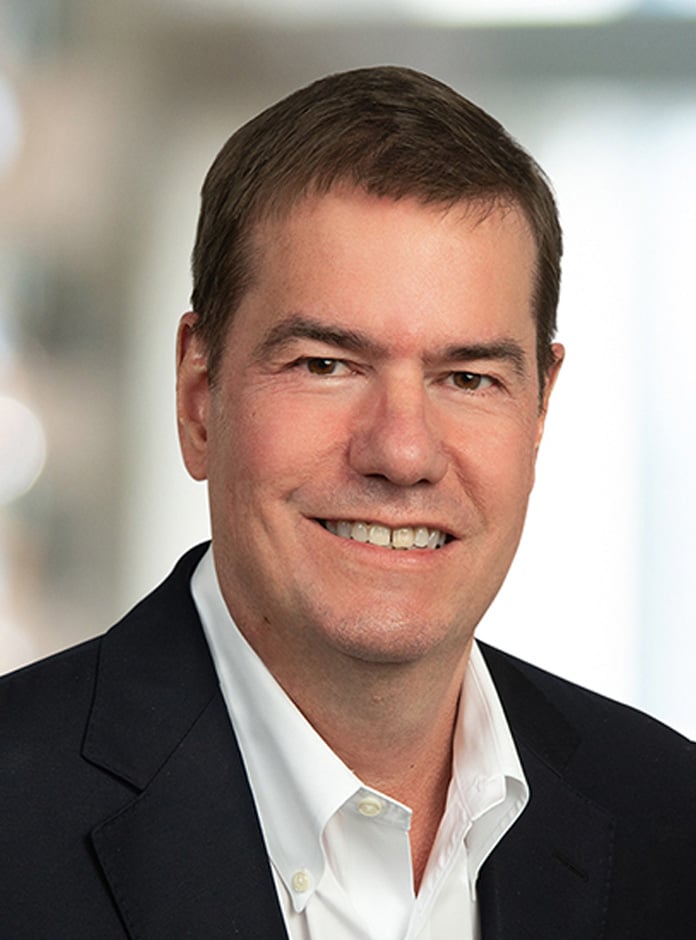Insights
Why “Profitability or Growth” is a False Choice for Some Business Owners

You’ve got a growing business and have decided to bring in an investment partner, but how do you find the right fit?
This question often leads to another: are investors more interested in profitability or growth?
Early stage and venture capital investors seem to place a premium on growth-at-all-cost strategies, but you feel like you’re past that stage and have a proven and profitable business that is being discounted. You assume private equity investors are all about profitability because they’re looking to put a lot of debt on your business, which would mean sacrificing the growth potential you know is there. What you’re really looking for is a growth focused private equity investor.
Capstreet helps established businesses take growth to the next level because we don’t see profitability and growth as opposing forces. While it may seem like there’s a short-term trade-off between growth and profitability, the two are actually harmonized over the long term.
To maximize the long-term growth of a business, you have to make investments for scale on the front end, which may pressure near term profitability, but that’s okay because it’s by design.
Profitability and growth are often thought of as opposing one another. But in an ideal world, they live harmoniously.
Private equity isn’t monolithic, and it’s important for founders to understand the DNA of the firm that they’re working with.
Capstreet believes the best companies to invest in have a demonstrated economic model and great growth potential. With those ingredients in place, a business can really make strategic decisions about how much you want to fund growth and over what timeline.
The companies that work with us that are already growing at a nice clip are sometimes surprised to learn we would support increasing the pace of investment and sacrificing some profitability for a time — in service of reaching a more ambitious thesis and thus maximizing growth over the long-term.
We are generally acquiring businesses from families or entrepreneurs who have bootstrapped the company’s growth. We know those businesses are lean and don’t have excess costs and people in the organization. So rather than taking out cost, we are looking to grow the team and accelerate investments in the infrastructure so the company can reach its full potential.
You could say we focus on profitable growth. We enthusiastically invest early to maximize a company’s growth potential. We then help management get the most out of those investments in an effort to improve profitability as the business grows. Ultimately, it’s the combination of growth and profitability that we believe will drive the best outcome in the end.
That often means going after a more ambitious thesis and accelerating investments — then helping our portcos execute the growth plan.
Adding cost isn’t something founders expect when they’re initially talking to a PE firm, so we believe it’s something that sets us apart. It’s part of a larger exercise, where we work together with company management to develop a three-year vision centered on long-term growth. Then, we work backwards and figure out what investments they need to achieve that growth.
This approach applied to TradePending, which we invested in three years ago. They had already demonstrated the ability to grow at a strong clip while producing solid EBITDA profitability, but they needed a partner who could help take the business to the next phase of growth. They were surprised when we had our strategic planning conversations, even before close, and were asking questions about growing their sales organization even faster.
Together, we put together a plan to scale the sales organization, which required investments in a new CRM system, and HR management, recruiting, and onboarding processes. It was refreshing for them, but also a little daunting—until we pointed out that we were going to help them do all that with our Capvalue team, which is there to help our portcos scale quicker.
Similarly, at Informativ, headcount has more than doubled in just two years. At the same time, we helped the company invest and implement new ERP and CRM systems. Those investments in the team and business infrastructure enabled the company to increase bookings by over 100% and acquire and integrate three companies in the first few years of Capstreet’s ownership.
We actually help our portcos implement these plans.
Our process never feels like a consultant dropping a list of suggestions off at someone’s doorstep. We’re a partner who’s actually going to help implement the strategies we propose.
Some private equity firms don’t do this. They might have a sound strategy and bring in an army of consultants to outline what needs to be done. But the question is: who’s going to execute it?
Company management doesn’t have the time to do it all themselves, and they may not have experience with certain types of engagements. They need help. That’s the entire reason we built the Capvalue team—they’re ready to jump in and sit alongside company management to help.
We believe this partnership helps the company make investments smarter and faster so they can reach their goals with higher fidelity—and on a faster timeline.









